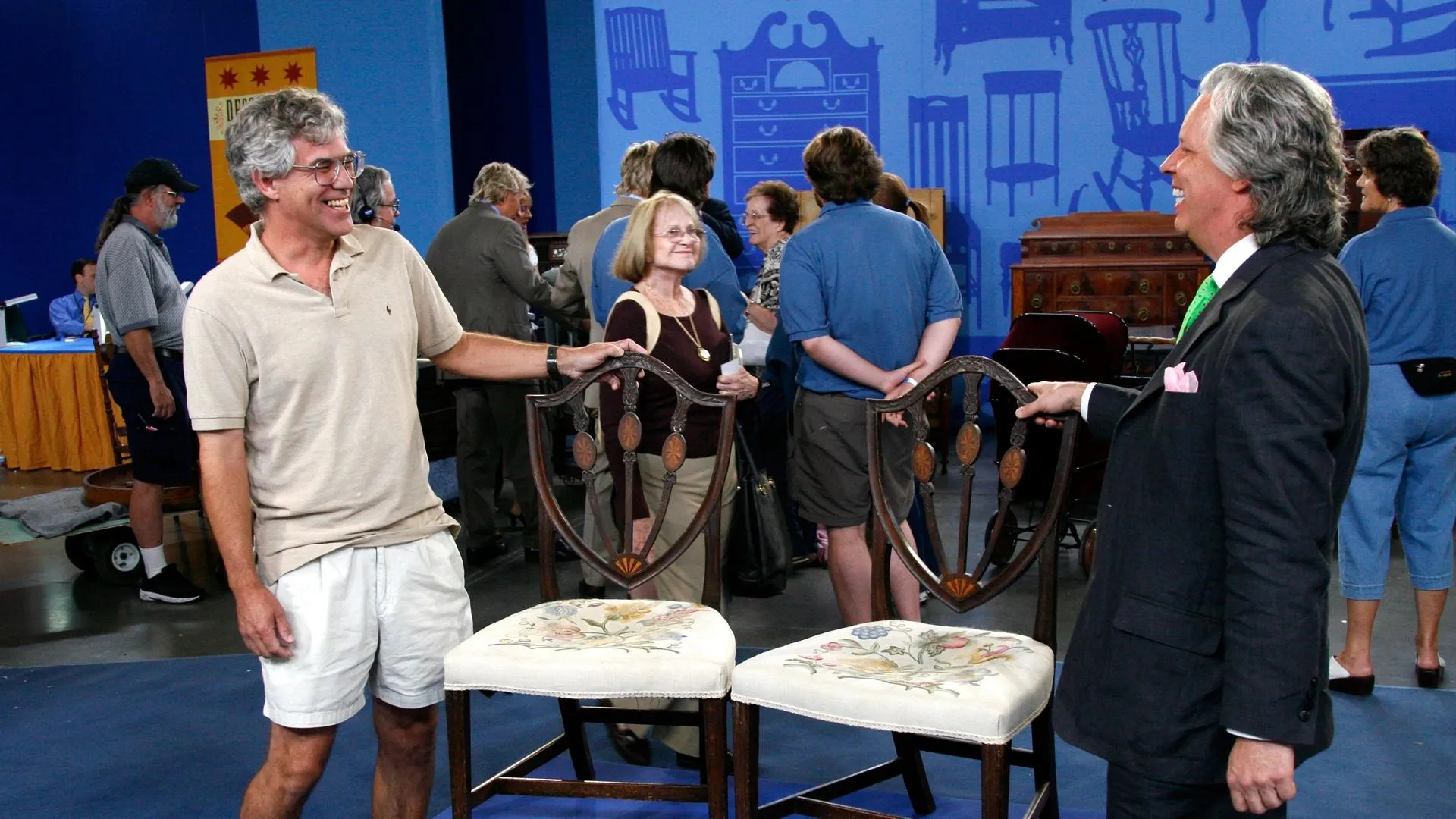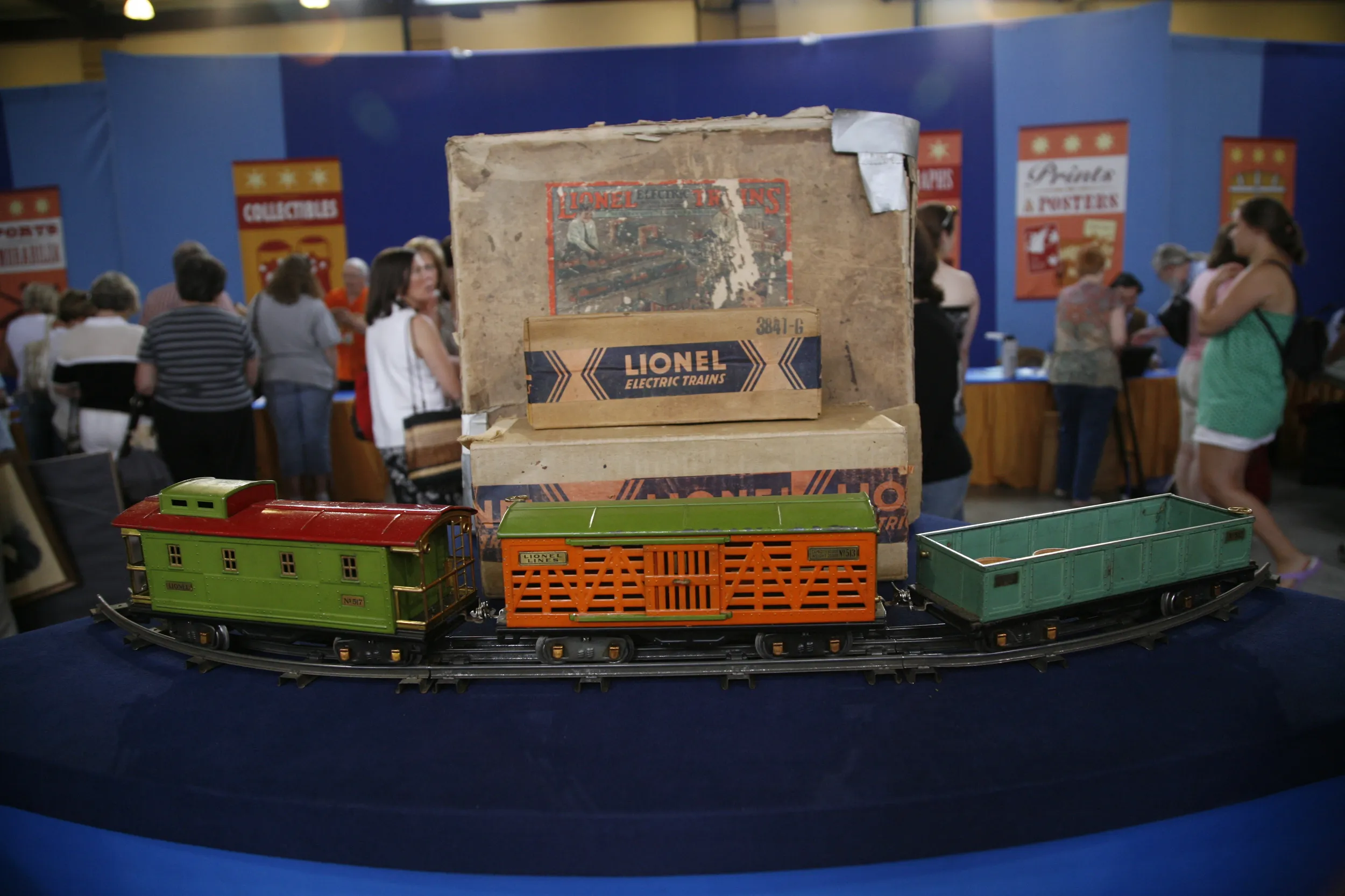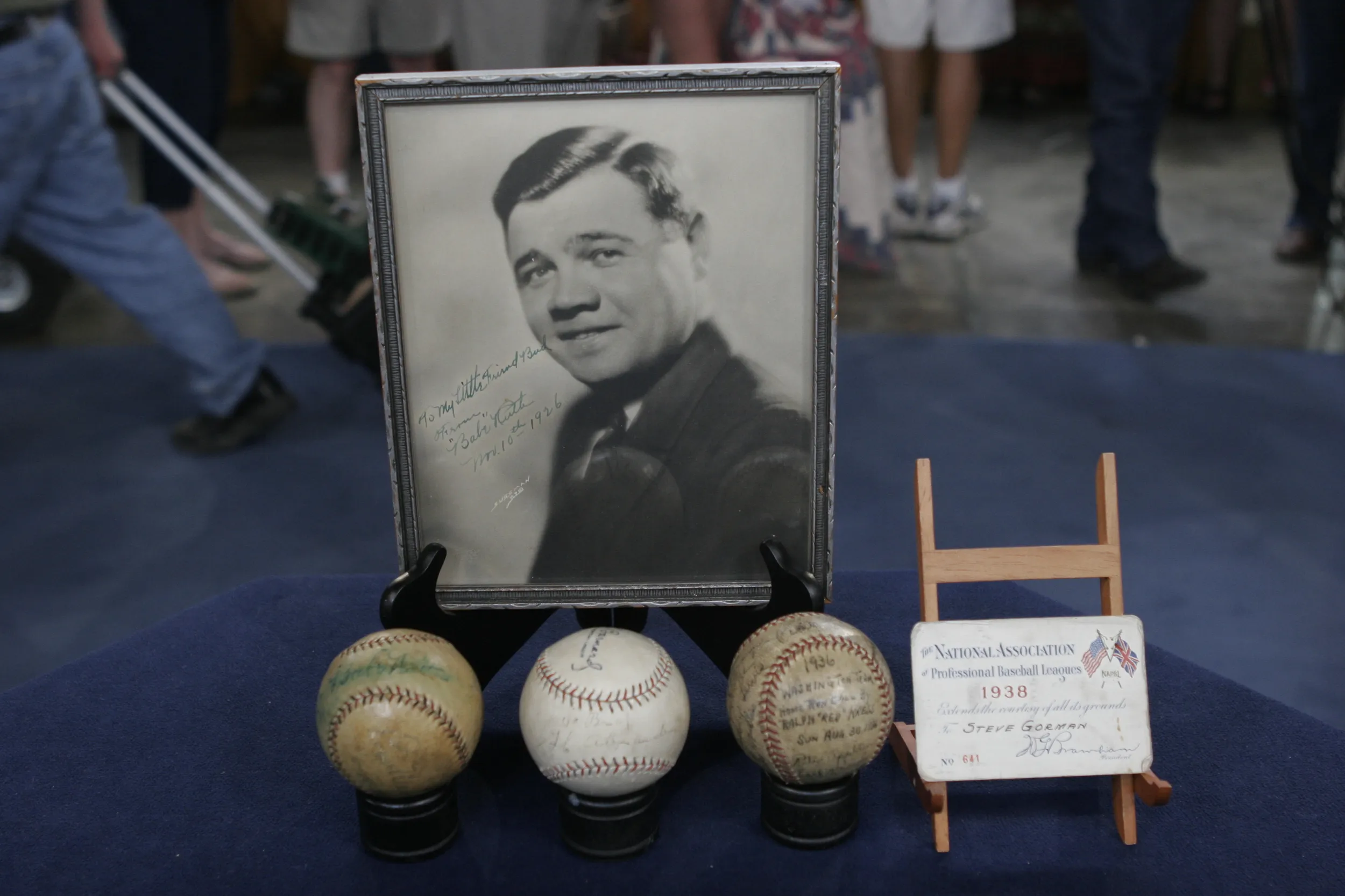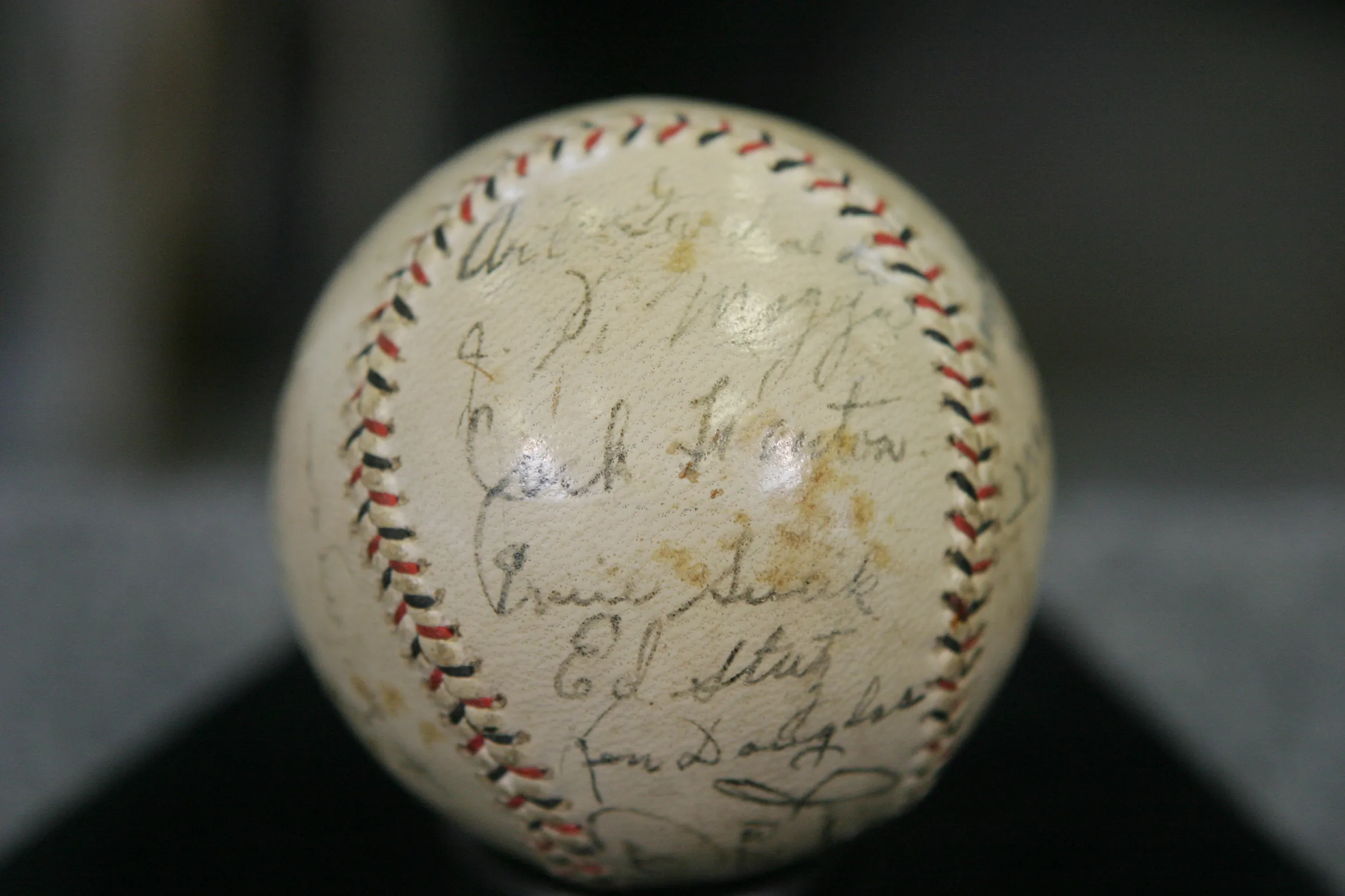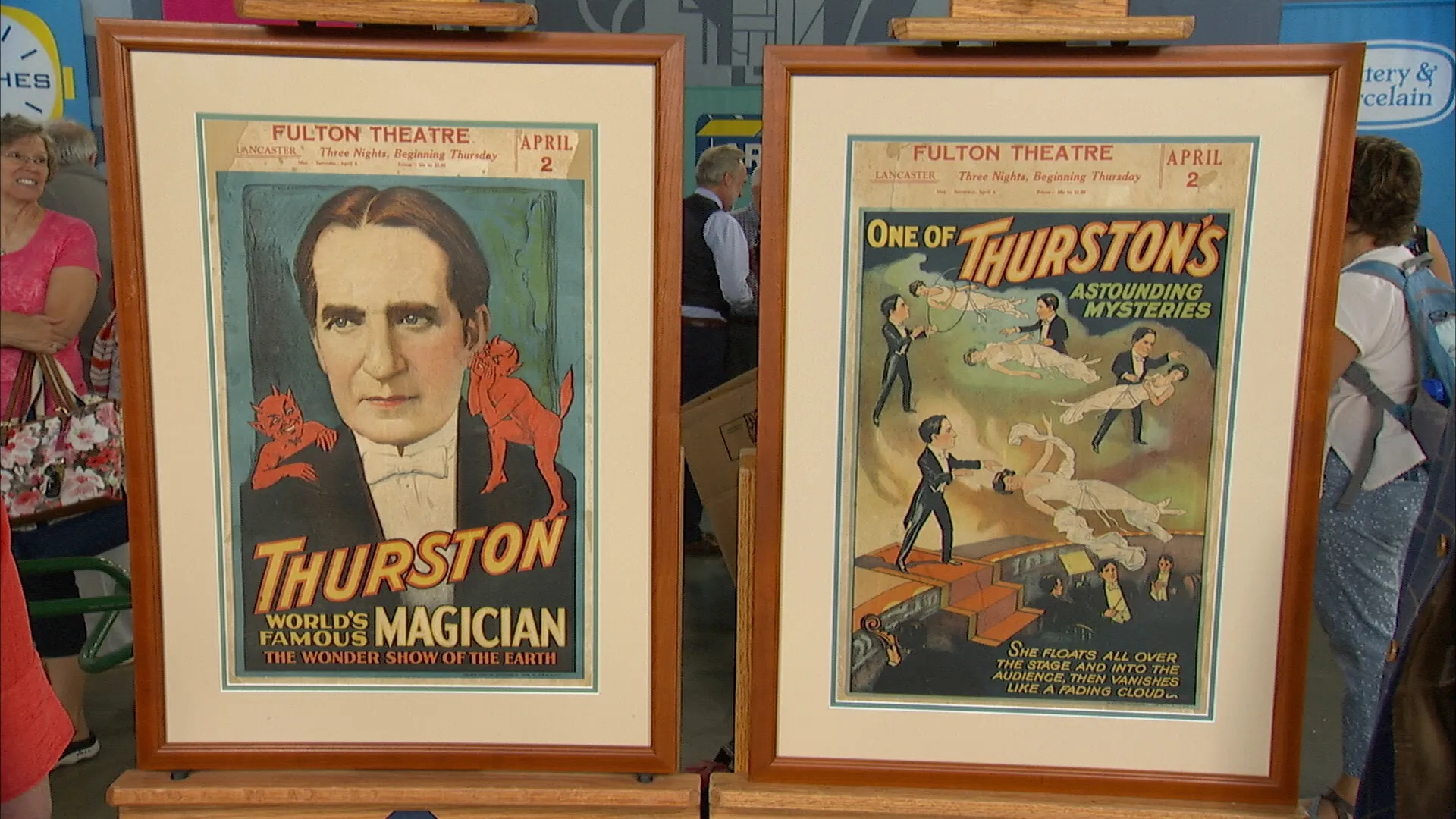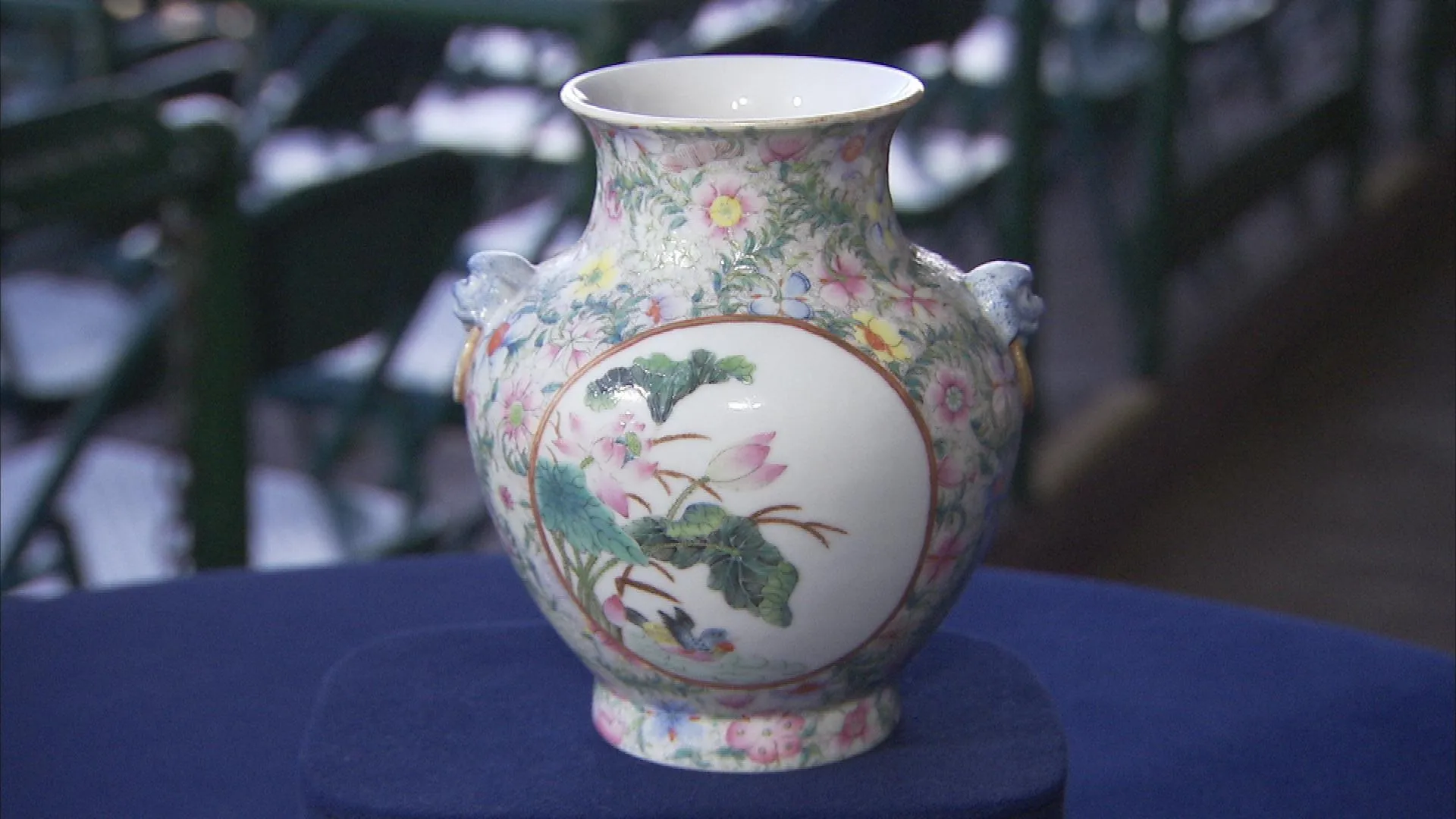GUEST: My great-grandfather was a publisher of books, and the way he sold them was not in stores, but rather, he would give a sample of the book and some of the illustrations to various agents, and the agents would travel around and subscribe people to it. They would have to pay and sign their names in the subscription book.
APPRAISER: That was a common practice in the late 19th century, what you just said, a subscription book. We call them sometimes salesman prospectuses.
GUEST: Yeah.
APPRAISER: Sometimes they're called salesman dummies, because often the book was still in the works.
GUEST: Oh.
APPRAISER: And they were seeing how much money they could raise to decide whether they would continue on with the publication, whether they could afford to do it.
GUEST: Yeah.
APPRAISER: First of all, the subject matter of the book from 1882 is very interesting-- Colonel Richard Irving Dodge was a U.S. career Army officer who spent much of his life out on the Great Plains.
GUEST: Yeah.
APPRAISER: And this is one of his great books, Our Wild Indians. And it gives a very, very good firsthand account of Indian life, both the good and the bad, the wars as well as the peace times. And another interesting factor of this book is that it's dedicated to William T. Sherman, and not only is it dedicated to him, but he's also written an introduction to the book itself, and you'll find examples of what you're gonna get when you buy your book. This is one example, a nice, colorful plate. The book was gonna be well illustrated with scenes of Indian life, in this case. And then with a salesman's prospectus, in the back, the agent would actually take this book with him, and almost door-to-door, the same way an encyclopedia might be sold. You would go and get signatures of people who would agree to subscribe to the book. In the case of this book, because of his prominence and because of the subject matter, he got some very important subscribers. The very first one is President Chester A. Arthur while he was president. Robert Lincoln is Abraham Lincoln's eldest son.
GUEST: Yes.
APPRAISER: As we go through, we find William T. Sherman himself, the dedicatee of this book and the introduction written by him, has also subscribed. Here I found previous President U.S. Grant. There's international figures. There's some Chinese dignitaries that have signed. One of the more interesting ones here that I find is one of the very last ones, who's Buffalo Bill, William Cody. So again, you have these great famous figures of the day and their signatures. Value-wise, because of the Indian content and the fact that the book is meaningful ethnographically, at auction, we would estimate something like this at $8,000 to $12,000.
GUEST: Oh, boy, that's really something.

